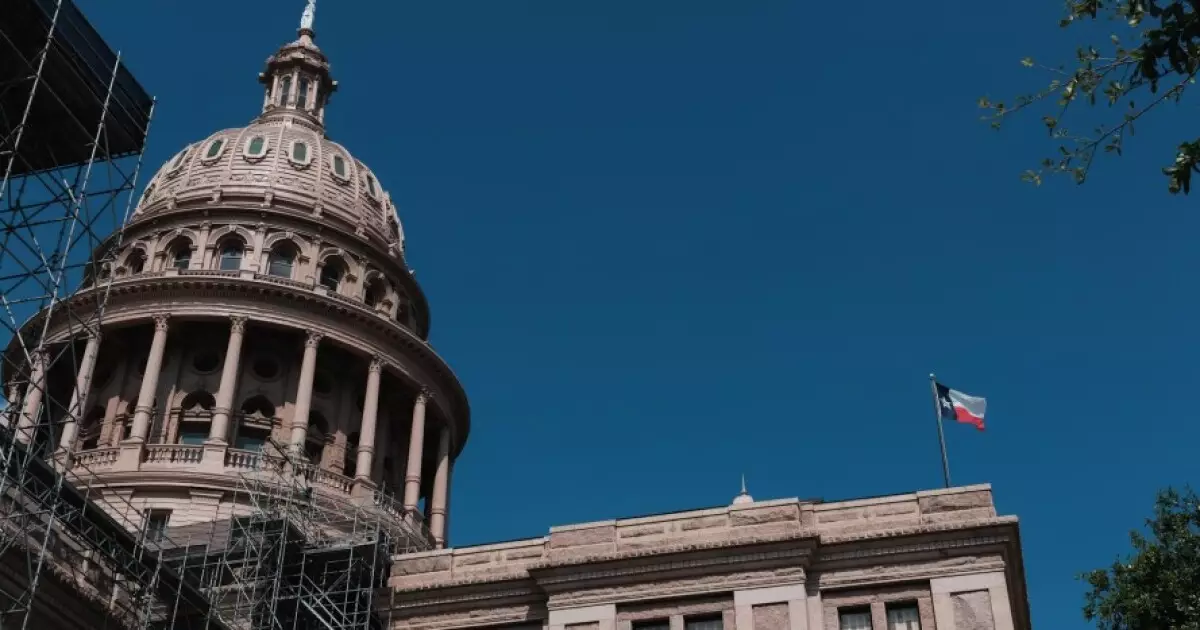In recent debates within Texas, the move to impose stricter restrictions on local governments’ ability to raise property taxes is gaining momentum. The proposed legislation, Senate Bill 9, aims to lower the voter-approval tax rate multiplier from 3.5% to 2.5%, but beneath the surface lies a troubling trend: an oversimplified belief that reducing tax flexibility will solve fiscal challenges. Such a measure misjudges the complexity of municipal finance, ignoring the crucial role that local revenue plays in providing essential services. It assumes that tighter controls won’t hamper cities’ ability to respond to their unique needs, but history suggests otherwise. Stricter limits threaten to undermine the financial health of localities, especially those striving to meet rising public safety costs and infrastructure demands in a booming economy.
Greater restrictions on tax increases risk creating a one-size-fits-all solution to the diverse challenges faced by large Texas cities. When the legislature imposes a lower cap, it tampers with the delicate balance between revenue generation and spending necessary for urban management. This approach underestimates the unique circumstances of major Texas metropolitan areas like Dallas and Austin, which are experiencing rapid growth yet facing inflating costs tied to public safety, transportation, and urban development. Penalizing cities for their efforts to fund these needs through higher property taxes may sound fiscally prudent in theory but is ultimately short-sighted and can lead to destabilized budgets and diminished service quality.
The Myth of Excessive Taxation and Public Safety Concerns
A core narrative behind these proposed limits is the assertion that local governments have become too reliant on property taxes, pushing taxpayers to their breaking point. Yet, much of this is an oversimplification. Cities like Dallas are required by recent voter mandates to dedicate a portion of their revenue increases specifically to public safety efforts, including police salaries and pension obligations. These fiscal obligations are not optional but necessary investments in urban security and quality of life. Curtailing their revenue capacity through legislative limits could compromise these priorities, leading to higher crime rates or deferred maintenance that only exacerbate long-term costs.
Moreover, the assumption that property tax increases are inherently abusive neglects the fact that cities must keep pace with inflation, population growth, and infrastructure replacement. Without the flexibility to adjust taxes accordingly, local governments risk falling behind on these fundamental responsibilities. The push to reduce these limits appears rooted more in political rhetoric than in a genuine concern for taxpayers, especially considering that the data show revenue losses of hundreds of millions of dollars for major cities like San Antonio and Dallas under stricter caps. These figures reflect real-world consequences: less funding for roads, emergency services, and public safety programs, which are critical to sustaining urban vitality.
Economic Growth vs. Revenue Restrictions: A False Dichotomy
It’s tempting for policymakers to see tax restrictions as a surefire method to curb government spending, but this perspective ignores the dynamic relationship between economic growth and local revenue. The argument that a tighter cap will encourage fiscal discipline overlooks the fact that local economic success depends heavily on the ability to fund necessary investments. When cities are crippled financially, they struggle to attract businesses, retain talented workers, and maintain the infrastructure that fuels growth.
Cities like Austin and Dallas are experiencing record population surges, yet their capacity to fund essential services is under threat from these legislative attempts to clamp down on revenues. The consequences could be far-reaching: a reduced ability to respond to public safety challenges, deferred infrastructure projects, and a decline in overall quality of life. The assumption that reducing tax capacity will automatically lead to fiscal responsibility is naive; more often, it results in underfunded cities that cannot meet the demands of their residents.
Furthermore, the political motivation behind these restrictions seems less about responsible governance and more about appeasing ideological advocates who believe government spending—regardless of the context—is inherently wasteful. This ignores the reality that local governments are best positioned to understand and respond to their communities’ needs. Stripping them of this flexibility risks turning local governments into financially weaker entities, dependent on uncertain state funding and vulnerable to economic downturns.
The Hidden Costs of Over-Regulation and the Risk to Texas’ Competitive Edge
Texas has long thrived because of its ability to strike a balance between growth-friendly policies and prudent governance. The push to impose more rigid tax caps threatens to tip this balance into a dangerous territory where local governments are handcuffed, unable to fund their essential functions. In the long run, these policies could erode the state’s reputation as a business haven, where municipalities can adapt revenue strategies to meet their unique circumstances.
By imposing uniform caps without regard for local context, the legislature risks stifling innovation and responsiveness. Cities with pressing needs for infrastructure upgrades and public safety enhancements will be hamstrung, potentially discouraging future investments and hampering the state’s economic momentum. This approach favors austerity over sustainable growth, which could translate into fewer opportunities, higher taxes elsewhere, or a decline in public service quality.
Ultimately, the true challenge lies in finding a balanced approach that respects taxpayers while recognizing the fiscal realities faced by vibrant, growing cities. Instead of punitive restrictions, Texas should consider smarter, tailored policies that enable local governments to meet their obligations without sacrificing fiscal stability. Anything less is a reckless gamble with the foundations of urban prosperity and economic competitiveness.


Leave a Reply